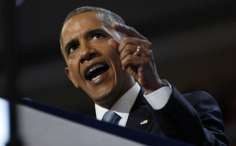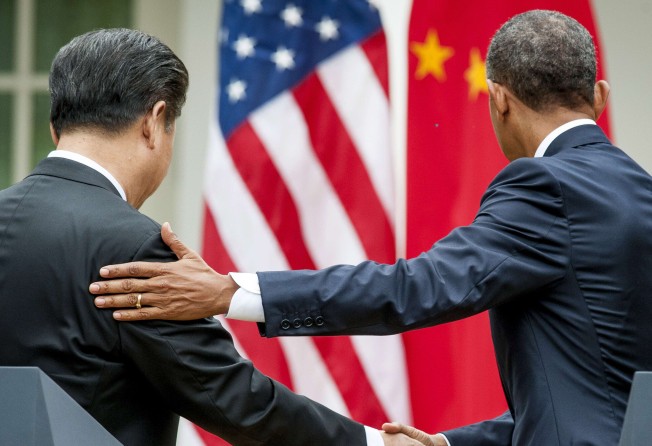
During China’s rise, Asia’s peace does not require a balancing act
In the region, it is how countries choose to compete – rather than the equilibrium of power – that guarantees the peace

Asia’s transformation in recent decades into the world’s most dynamic economy and chief engine for global growth has caused massive shifts in the region’s balance of power – but the most profound shift yet is still underway.
Japan’s rise, from the ruins of the second world war, to become the world’s second largest economy by the 1960s had a dramatic impact on global politics.
Over the next couple of decades, the economic miracles of the “Four Asian Dragons” – Singapore, Hong Kong, Taiwan and South Korea – added even greater weight to the region’s clout.
Now the rise of an even bigger dragon, China, is eclipsing those that went before.
In 1980, China’s gross domestic product of US$268 billion was less than one tenth of the United States’ US$2.86 trillion and one fourth of Japan’s US$1 trillion.
By 2012, China had overtaken Japan to become the world’s second largest economy – and it is widely predicted to take the top spot in the foreseeable future.
It is only logical that a country’s economic rise will be accompanied by a rise in its global status and influence, changes that will inevitably reshape world politics.
Historically, rising powers have often engaged in wars with the aim of controlling as much land as possible and thus commanding the strongest, greatest empire.
This focus shifted in the maritime age, with rising powers instead turning to building naval fleets that could safeguard free navigation in the belief that free trade would promote economic growth.
The US is once such example. The world’s most powerful country since the second world war has long been influenced by mercantilism.
Its way of governing the world was not to expand its territory, but to protect a free-trade system. It was with this in mind that it built the world’s most powerful navy.
Such concepts of, and beliefs in, free trade and free navigation were also behind the establishment of the post-war order, such as the Breton Woods Institutions, the General Agreement on Tariffs and Trade and the World Trade Organisation, even the UN.

At the core of current regional tensions in the South and East China seas is the rivalry between China and the US over domination of navigation in some of the world’s most strategically important waterways.
Since the two countries’ rapprochement in the 1970s, America’s policy on China’s rise has been that it should be incorporated into the existing international system.
Washington has also long demanded that a rising China not disrupt the balance of power in Asia.
From Beijing’s perspective, Washington’s policy has been to contain China’s rise. Some have even compared President Barack Obama’s “pivot to Asia” to George Kennan’s “containment” of Communism.
Under what it calls a strategy of “rebalancing”, Washington aims to deploy 60 per cent of its naval forces in the Asia-Pacific region.
China’s rise is tilting the balance of power in Asia. But its rise, if peaceful, will benefit the region economically, politically and diplomatically – as did the rise of Japan and the four smaller dragons.
Henry Kissinger once said “peace depends on the balance of power”. In Asia, it is not the equilibrium but rather how powers choose to compete that guarantees the peace.
Watch: US and Philippines launch war games near South China Sea
China’s rising economic weight and growing political influence mean established ideas about global governance must be reshaped. Yet such changes should be gradual and made under currently established frameworks, such as the UN, and widely accepted international norms, such as the UN Convention on the Law of the Sea, which is signed by 167 sovereign nations and is the only legislation in this regard.
Some fear heightened rivalry between China and the US might usher in a new cold war, citing a host of provocative events that resemble what happened six decades ago in Europe, when the Iron Curtain descended.
How major powers handle the region’s disputes is likely to dictate stability and peace – not only for Asia but also the world.
Cary Huang, a senior writer with the South China Morning Post, has been a senior editor and veteran China affairs columnist since the early 1990s